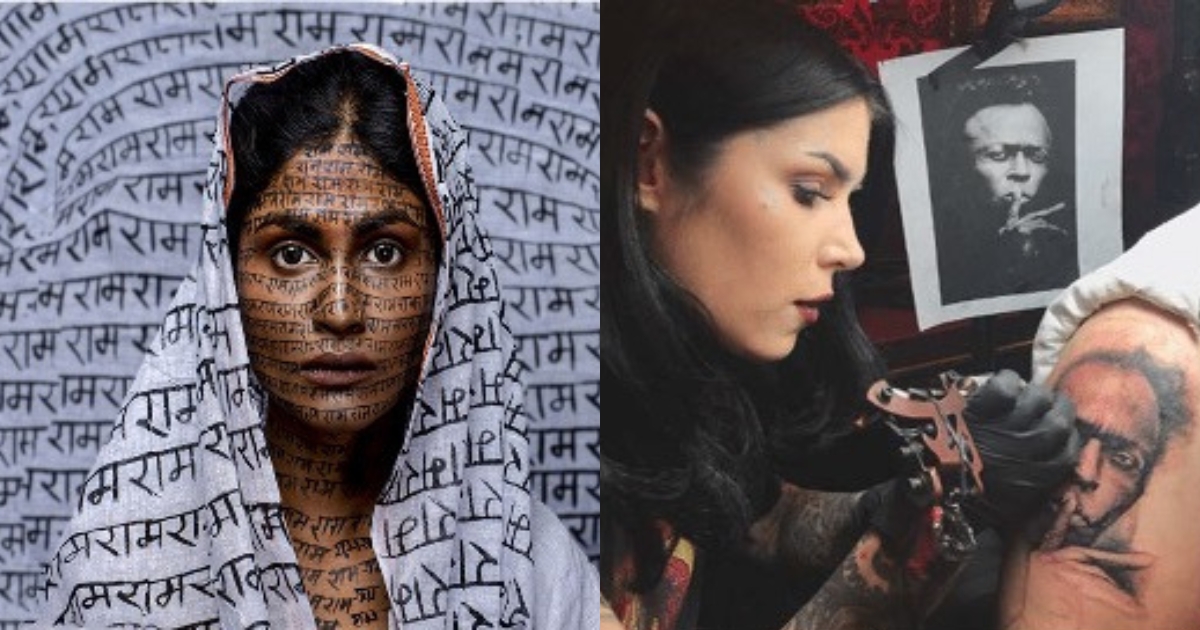The emergence of digital influencers has profoundly reshaped advertising and brand promotion. As influencers become key figures in modern marketing strategies, the legal frameworks governing their engagements are increasingly crucial. This article delves into the key aspects of digital influencer contracts and the essential legal protections necessary to safeguard the interests of all parties involved, providing a detailed perspective on the implications of these contracts in today’s landscape.
The Essence of Digital Influencer Contracts
A digital influencer contract is a legal agreement between an influencer and a brand or agency that outlines the terms of their collaboration. These contracts are essential not only for defining the scope of work and compensation but also for establishing the legal expectations and responsibilities of both parties.
Key Components of Influencer Contracts
Scope of Work: Clearly defines deliverables, including the number and type of content pieces (posts, videos, stories), deadlines, and platforms. It is vital that these terms are specified clearly to prevent misunderstandings.
Compensation: Details payment terms, including amounts, schedules, and conditions for bonuses or penalties. This aspect is crucial for ensuring a balanced and fair relationship between the influencer and the brand.
Intellectual Property Rights: Specifies ownership rights over the content created and the extent of its use by both parties. Clear definition of intellectual property rights is vital to avoid future litigation.
Exclusivity: Describes any restrictions on the influencer’s engagement with competing brands. The exclusivity clause is often crucial for brands wishing to maintain a competitive edge.
Compliance and Disclosure: Ensures adherence to legal standards, such as those set by the Federal Trade Commission (FTC) in the U.S., regarding transparency in sponsored content.
Legal Challenges and Juridical Protection
The legal landscape for digital influencers is still evolving, with several challenges complicating the juridical protection available to influencers and contracting parties.
Regulatory Compliance
Influencers and brands must navigate a complex web of regulations governing advertising. The FTC mandates clear disclosures for sponsored content to prevent deceptive practices. Non-compliance can lead to significant fines and reputational damage, making it crucial for contracts to explicitly require compliance with these guidelines.
Intellectual Property Concerns
Disputes often arise over the ownership of content created by influencers. Contracts must precisely define who holds the intellectual property rights to the content during and after the agreement term. This clarity helps prevent disputes and ensures that both parties understand their rights and limitations.
Contractual Disputes
The unique nature of influencer engagements can lead to disputes over contractual terms. Ambiguities in the scope of work, content approval processes, and compensation can lead to conflicts. Well-drafted contracts that anticipate such issues and provide clear guidelines and dispute resolution mechanisms are essential.
Protection Against Defamation and Misrepresentation
Influencers, by the nature of their work, are exposed to risks of defamation and misrepresentation. Legal protections such as indemnity clauses and warranties can help protect influencers and brands from legal repercussions stemming from unintended violations.
Best Practices for Drafting Influencer Contracts
Precision in Terms: Clearly define all terms and expectations to avoid ambiguity and ensure an effective collaboration.
Fair Compensation Practices: Ensure compensation is fair and commensurate with the influencer’s reach and effort.
Dispute Resolution: Include clear mechanisms for mediation and arbitration to efficiently resolve disputes.
Adaptability: Regularly update contracts to reflect changes in laws and industry standards, ensuring they remain relevant and effective.
Conclusion
As the influencer marketing industry continues to expand, the critical importance of robust legal contracts becomes ever more apparent. These contracts form not only the foundation for successful collaborations but also a vital protective shield for both influencers and brands. By focusing on the comprehensive, clear, and compliant drafting of contracts, parties can ensure that their collaborations are not only profitable but also legally sound.
Finally, the legal frameworks will need to evolve with the digital marketplace, ensuring that they continually offer relevant protections and foster an environment of fair and ethical business practices. This strategic legal approach guarantees that digital influencer contracts remain effective, fair, and enforceable, safeguarding the dynamic interests of all stakeholders in the digital marketing realm. In a rapidly evolving digital world, the drafting, negotiation, and enforcement of influencer contracts must be approached with careful attention to detail and a deep understanding of the unique challenges presented by digital media. Ensuring that these contracts are robust and adaptable is essential for the continued growth and sustainability of influencer marketing.
Author:
 Felipe Jaruche, an accomplished legal professional, showcases expertise in corporate law and the dynamic interplay of the fashion industry. Beyond the corporate realm, Felipe accentuates a global, inclusive, and ethically informed approach within the broader socio- political context of the fashion industry. He holds a master and phd studies in humanities, being also part of the European Solidarity Corps in Italy for the past years. Felipe’s analyses encompass sociology and human rights, offering comprehensive insights.
Felipe Jaruche, an accomplished legal professional, showcases expertise in corporate law and the dynamic interplay of the fashion industry. Beyond the corporate realm, Felipe accentuates a global, inclusive, and ethically informed approach within the broader socio- political context of the fashion industry. He holds a master and phd studies in humanities, being also part of the European Solidarity Corps in Italy for the past years. Felipe’s analyses encompass sociology and human rights, offering comprehensive insights.

















